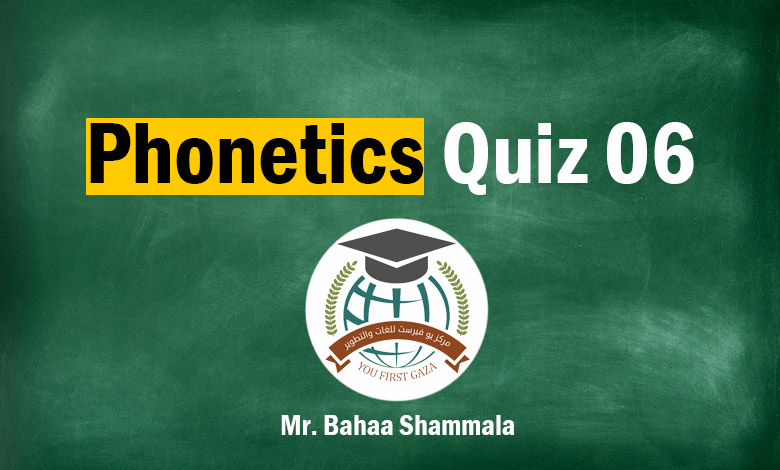The questions in this quiz are from The Study of Language (THIRD EDITION) book written by GEORGE YULE.
This quiz is not only for BSED majoring in English but also for everyone, especially YOU!. . .
It contains different questions about the topic mentioned above. So, jump right in, and enjoy the quiz!
Results
Excellent, you pass the quiz successfully.
Unfortunately, you failed.
Try again
#1. the type of speech without grammatical markers, often associated with Broca’s aphasia
#2. a bundle of nerve fibers connecting Broca’s area and Wernicke’s area in the left hemisphere of the brain
#3. a language disorder in which speech production is typically reduced, distorted, slow, and missing grammatical markers
#4. a part of the brain that controls muscle movement
#5. divided into a left side and a right side, with control of functions on one side or the other (used in describing the human brain)
#6. the belief that specific aspects of linguistic ability have specific locations in the brain
#7. the study of the relationship between language and the brain
#8. a slip of the tongue in which two parts of words or two words are switched
#9. a speech error in which one word is used instead of another with a similar beginning, end, and number of syllables
#10. a processing error in which one word or phrase is heard as another
#11. a language disorder associated with damage to the arcuate fasciculus in which repeating words or phrases is difficult
#12. a speech error in which a sound or word is produced in the wrong place
#13. a language disorder in which it is difficult to find words, often associated with Wernicke’s aphasia
#14. a language disorder in which comprehension is typically slow while speech is fluent, but vague and missing content words
#15. the experience of knowing a word, but being unable to access it and bring it to the surface in order to say it
#16. a part of the brain in the left hemisphere involved in speech production
#17. an impairment of language function due to localized brain damage that leads to difficulty in understanding and/or producing language
#18. an experiment in which a listener hears two different sounds simultaneously, each through a different earphone
#19. the time from birth to puberty during which normal first language acquisition can take place
#20. the fact that humans typically hear speech sounds more readily via the right ear









































